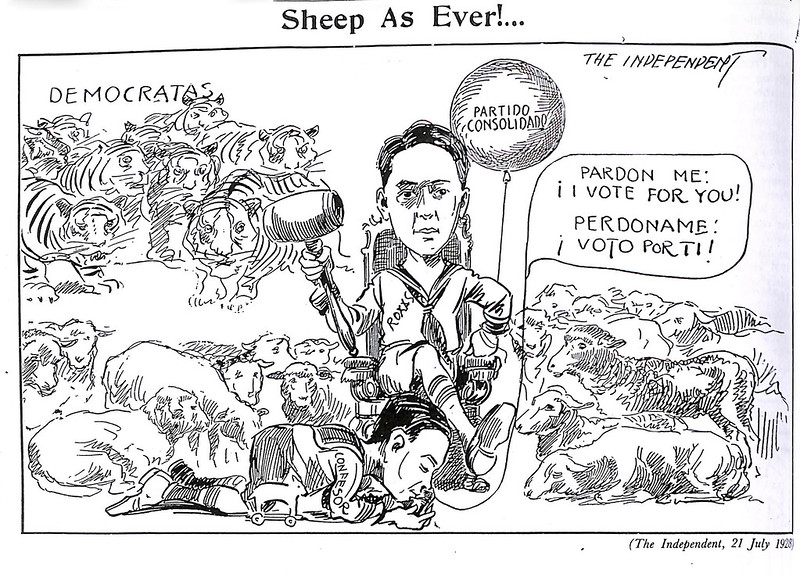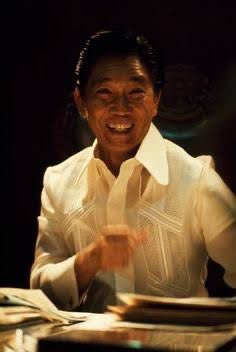
This reminds me of what an archaeologist told me about how to understand prehispanic polities or chiefdoms. We have to understand it not in a strictly territorial sense but from the perspective of toll. Yes, toll. The chiefs held sway over groups of people and claimed exclusive..
https://twitter.com/indiohistorian/status/1323201694688182273
authority to exact toll from commerce/trade/travel through their area of authority, perhaps their portion of a river or a land area with high traffic. In dealing with Westerners different attitudes collided: chiefs “ceding” land actually ceded tolls and influence, but not...
clearly demarcated titles to land in the Western sense, which is why chiefs could do it not only seemingly so easily, but repeatedly. This was beyond the comprehension of Westerners (to be precise: not in their interest to recognize this of course).
Since no coordinates for land a chief might grandly sweep hands at horizon and say from this tree to that tree is yours: meaning whatever goes through it you can exact toll from; but this is different from Western property concept (colliding for example with rights of villagers).
Which helps us see how attitudes to power/office have remained unchanged however dressed up in Western clothing: how toll extraction is like Rent-seeking as Western scholars have come to define it; but how Western norms of law and institutions crumple in face of trad. behavior.
With that in mind mapping things out as far as who was where and when (and Lapulapu/Humabon disagreements) make sense: fighting over toll (and “tong”), chiefs situating settlements at natural choke points for toll extraction over trade/travel.
https://twitter.com/mlq3/status/1271327279612751872
This is missing link in understanding 20th century political evolution. American proconsuls who came from/maintained ole style patronage control at home flourished in Ph: consider Tafts and century of their prominence in Ohio politics up to 2000s. PH local leaders like Chinese..
response to periodic waves of invasion: they endured as overlords went native. In many ways American scholars retain last vestige of imperialist propaganda in somehow thinking American proconsuls were “honest” in contrast to natives.
Anyway if you return to Mojares’ observations on Humabon/Lapulapu dynamics and how Magellan blundered into it like a psychopath, it shows why Magellan failed but someone like Legazpi would succeed in the manner Filipino presidents succeed or fail when grappling with local chiefs.
It also explains that in collisions with modernity, the traditional practitioners of power/leadership often succeed (Aguinaldo v Bonifacio who represented modernity esp. after we see through Jim Richardson who debunked Ileto); you could have hybrids of trad & modern, the...
Commonwealth leaned to modernity with a nod to traditionalism but the New Society was the opposite: the traditional nodding to modernity; today’s era is the periphery finally supplanting the metropolis.
• • •
Missing some Tweet in this thread? You can try to
force a refresh






